Research (R)
PP1348 - Understanding the Implementation of Virtual Audiology Care Using the Normalization Process Theory
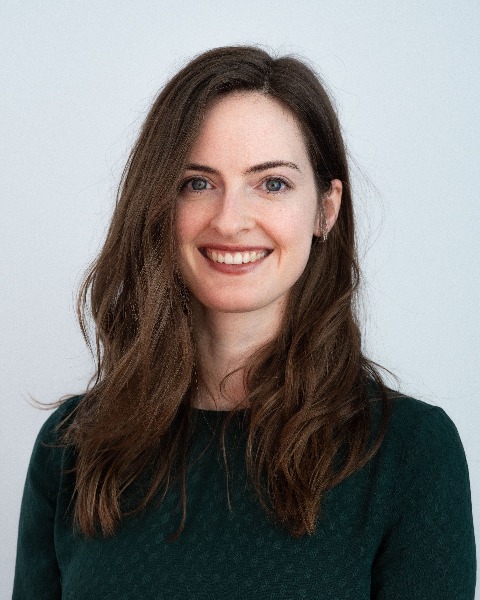
Robin O'Hagan, BA; CDA (she/her/hers)
Communication Disorders Assistant
Western University
University of Western Ontario
London, Ontario, CanadaFinancial Disclosures: I do not have any relevant financial relationships with anything to disclose.
Non-Financial Disclosures: I do not have any relevant non-financial relationships with anything to disclose.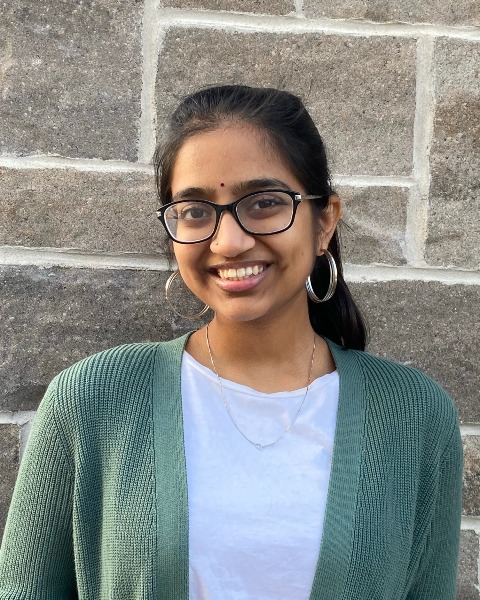
Shruthi Sundararaman (she/her/hers)
BMSc Candidate
Western University
Western University
Mississauga, Ontario, CanadaFinancial Disclosures: I do not have any relevant financial relationships with anything to disclose.
Non-Financial Disclosures: I do not have any relevant non-financial relationships with anything to disclose.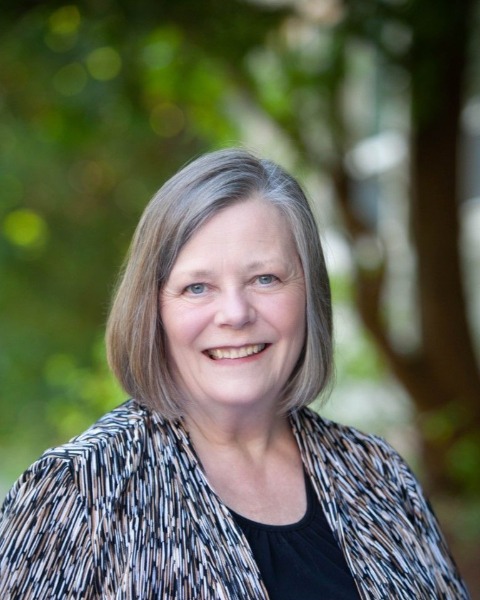
Sheila Moodie, PhD (she/her/hers)
Associate Professor
Faculty of Health Sciences / School of CSD and The National Centre for Audiology
Western University
London, Ontario, CanadaFinancial Disclosures: I do not have any relevant financial relationships with anything to disclose.
Non-Financial Disclosures: I do not have any relevant non-financial relationships with anything to disclose.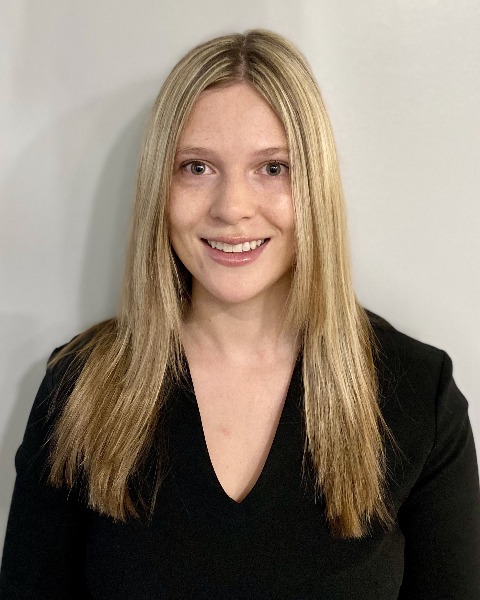
Danielle DiFabio, B.HSc. (she/her/hers)
PhD Candidate
Western University
Beamsville, Ontario, CanadaDisclosure(s): Ontario Ministry of Research and Innovation Early Researcher Award: Grant/Research Support (Ongoing); Sonova AG: Grant/Research Support (Ongoing)
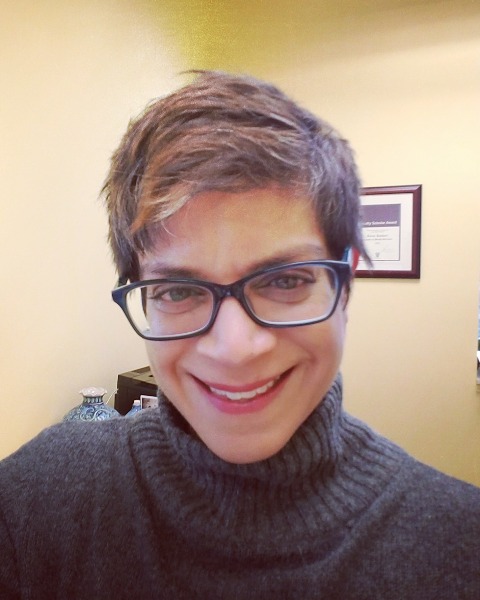
Anita Kothari, PhD
Western University
Financial Disclosures: I do not have any relevant financial relationships with anything to disclose.
Non-Financial Disclosures: I do not have any relevant non-financial relationships with anything to disclose.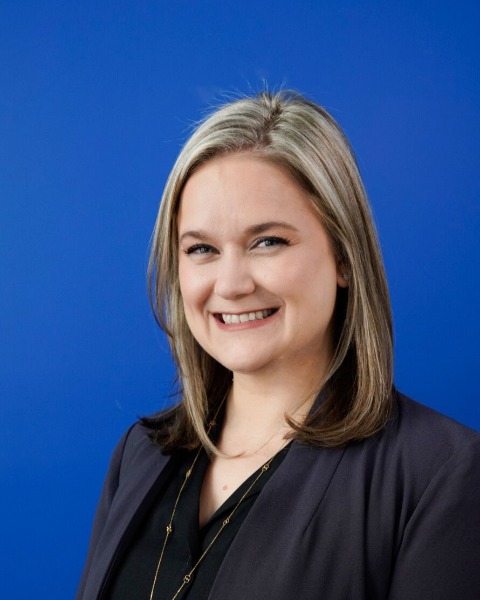
Danielle Glista, PhD (she/her/hers)
Assistant Professor
Western University
Western University
LondonFinancial Disclosures: I do not have any relevant financial relationships with anything to disclose.
Non-Financial Disclosures: I do not have any relevant non-financial relationships with anything to disclose.
Lead Presenter(s)
Contributor(s)
Summary:
As a result of the COVID-19 pandemic, the landscape of hearing healthcare service delivery was forced to largely include alternative delivery methods, such as virtual care. To better understand this shift in clinical practices, the Normalisation Process Theory (NPT) was used to explore audiologists’ perceptions of factors influencing the rapid implementation of virtual services. Methods: Audiologists were recruited based on their participation in a larger study, the Connected Study, aimed at the strategic implementation of virtual care. Seventeen audiologists participated in this study, from a variety of clinical backgrounds based in Canada, the United States, and England. Utilizing a tailored online version of the Normalisation MeAsures Development questionnaire (NoMAD), instrument items covered the four NPT core concepts: cognitive participation (driving forces and personal involvement), coherence (meaning and significance), collective action (individual/organizational efforts), and reflexive monitoring (understanding and modification). Results & Conclusions: Overall, participants reported high expectations around virtual care becoming a normal part of clinical workflow, slightly decreased familiarity, and a greater variability in reported use patterns. Results are reported according to NPT core concepts and per item. Open-ended responses highlight facilitators and barriers to implementation including training, workplace supports, and rapid implementation factors. Results indicate that there are some improvements to be made to achieve a cohesive and collaborative virtual work environment.
Learning Objectives:
- Upon completion, participants will be able to define the Normalisation Process Theory and be able to list how the four concepts of the theory were reflected in the study results.
